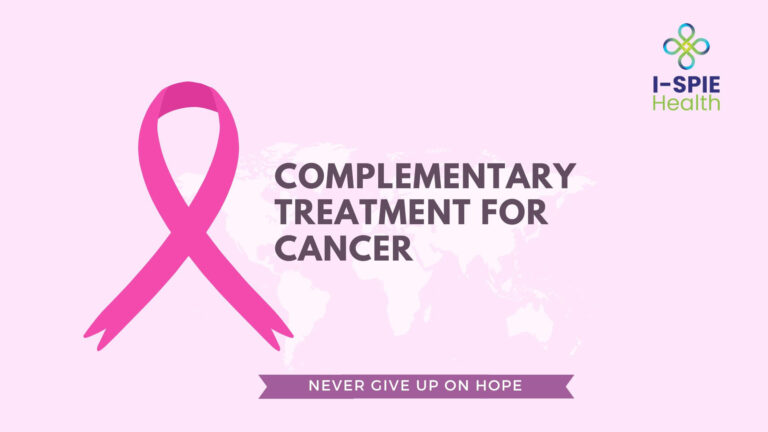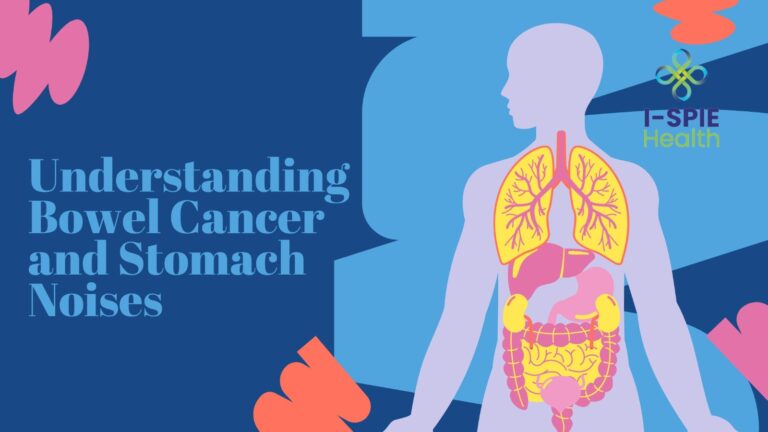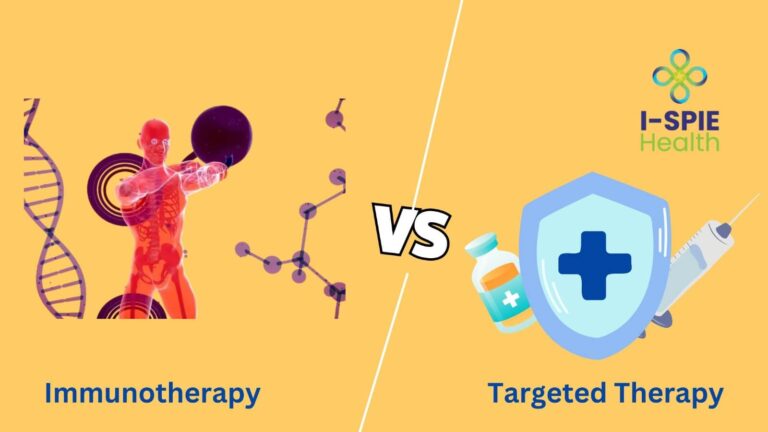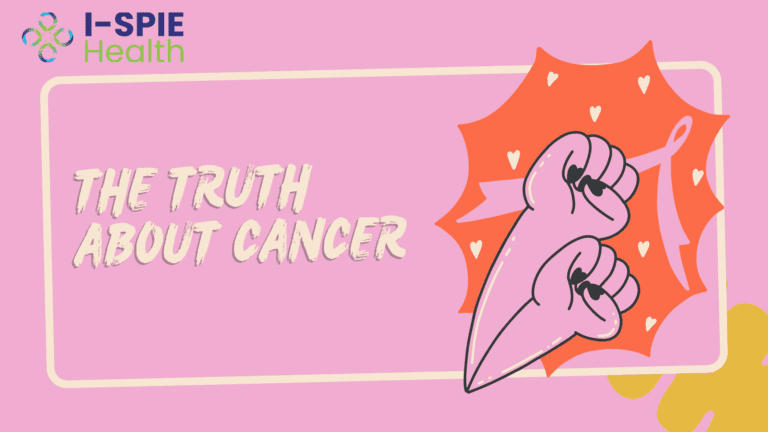Facing Life After Pituitary Tumor Surgery marks a significant chapter in your health journey. Understanding what lies ahead and how to navigate the challenges can empower you to make informed decisions and embrace recovery with confidence. This guide explores the stages of recovery, lifestyle adjustments, and strategies for enhancing well-being post-surgery, ensuring you’re equipped to embark on this journey with resilience and optimism.
What is a Pituitary Tumor?
A pituitary tumor develops in the pituitary gland, a small gland at the base of the brain responsible for hormone regulation. These tumors can be benign (non-cancerous) or, rarely, malignant (cancerous).
What Causes Pituitary Tumors?
Pituitary tumors can develop due to a variety of factors, though in many cases, the exact cause remains unknown. Genetic mutations and inherited conditions, such as multiple endocrine neoplasia type 1 (MEN1) or Carney complex, are linked to the formation of these tumors.
Additionally, certain genetic syndromes and family history of pituitary tumors can increase susceptibility. Other potential contributors include hormonal imbalances, head trauma affecting the pituitary gland, and exposure to radiation therapy to the head and neck region. Research continues to investigate the interplay of these factors in the development of pituitary tumors.
What to Expect After Pituitary Tumor Surgery
Immediate Recovery: Following pituitary tumor surgery, patients undergo close monitoring in a hospital. The duration of hospital stay varies, typically ranging from a few days to a week, depending on individual recovery progress.
Physical and Emotional Adjustments: Post-surgery, fatigue, headaches, and hormonal shifts are common as the body adjusts. Emotional support from loved ones and healthcare providers is crucial during this period of adaptation.
Follow-up Care: Regular follow-up appointments with healthcare professionals are essential. These visits monitor recovery progress, assess hormone levels, and watch for any signs of tumor recurrence, ensuring ongoing health management.
How to Prepare for Life After Pituitary Tumor Surgery
- Educate Yourself: Understanding potential side effects, prescribed medications, and necessary lifestyle adjustments post-surgery empowers patients to actively participate in their recovery journey.
- Build a Support Network: Consider participating in patient advocacy groups or volunteering opportunities related to pituitary tumor awareness. Engaging in such activities not only provides support to others but also empowers you by contributing positively to the community and promoting greater awareness and understanding of pituitary conditions.
- Modify Lifestyle: Adopting a balanced diet, following a personalized exercise regimen under medical guidance, and implementing effective stress management techniques all contribute to a healthier post-surgery lifestyle.
- Monitor Symptoms: Being vigilant about monitoring any new symptoms or changes in health post-surgery is essential. Promptly reporting any concerns to your healthcare team ensures timely intervention and management, minimizing potential complications and promoting recovery.
How to Improve Self After Pituitary Tumor Surgery
- Physical Rehabilitation: Engaging in recommended rehabilitation programs aids in regaining physical strength, mobility, and overall functional capacity post-surgery.
- Nutritional Guidance: Consulting with a nutritionist helps optimize dietary choices to support recovery, manage weight, and promote overall well-being.
- Emotional Well-being: Considering therapy or joining support groups can help address emotional challenges that may arise post-surgery, fostering mental resilience and adjustment.
- Medication Management: Working closely with healthcare providers to understand and adhere to prescribed medications post-surgery is crucial. Proper management of medications can help control hormone levels, reduce discomfort, and support overall recovery.
- Cognitive Rehabilitation: For patients experiencing cognitive changes post-surgery, engaging in cognitive rehabilitation programs can aid in improving memory, concentration, and other cognitive functions affected by the tumor and surgery. These programs are tailored to individual needs to enhance daily living and quality of life.
Can I Lower My Risk of Pituitary Tumor Recurrence?
Reducing the risk of pituitary tumor recurrence involves several proactive steps. Regular follow-up visits with your healthcare provider are essential for monitoring your health and detecting any signs of recurrence early. Adhering strictly to prescribed medications, especially hormone replacement therapies, helps maintain hormonal balance critical for preventing tumor regrowth. Adopting a healthy lifestyle, including a balanced diet, regular exercise, and effective stress management, also plays a significant role in reducing recurrence risks.
Ask Your Doctor for a Survivorship Care Plan
Requesting a survivorship care plan from your healthcare team ensures you receive personalized guidelines for post-treatment care. This plan outlines regular follow-up appointments, recommended screenings, and strategies for managing potential side effects. It serves as a roadmap to optimize your health, address any lingering concerns, and promote overall well-being as you transition into life after pituitary tumor surgery.
Navigating Life After Pituitary Tumor Surgery
Are you concerned about recovery and lifestyle changes post-surgery? Get the insights you need and personalized guidance from Madhavi Parikh.
Conclusion
Life after pituitary tumor surgery is a journey that requires resilience, patience, and proactive health management. By understanding the recovery process, adopting healthy lifestyle habits, and staying connected with your healthcare team, you can navigate this phase with confidence. Remember, ongoing monitoring and self-care are key to maintaining a fulfilling life post-surgery.
FAQ
Do you feel better after pituitary tumor surgery?
After surgery, many patients experience relief from symptoms caused by the tumor, such as headaches or hormonal imbalances. However, recovery varies, and some may require time to adjust to post-surgical changes.
What can you not do after pituitary surgery?
After pituitary surgery, avoiding strenuous activities, heavy lifting, or activities that could strain the surgical site is typically advised during the initial recovery period. Your healthcare team will provide specific guidelines based on your individual recovery progress.
What do you look like after pituitary surgery?
Post-surgery, appearance changes are minimal externally, as pituitary surgery is often performed through the nose or with small incisions. Internally, hormonal adjustments may occur, affecting energy levels and overall well-being.
Can you live a full life with a pituitary tumor?
With proper medical management and lifestyle adjustments, many individuals live full, active lives after pituitary tumor treatment. Regular follow-ups and adherence to treatment plans are essential for maintaining health and well-being.







